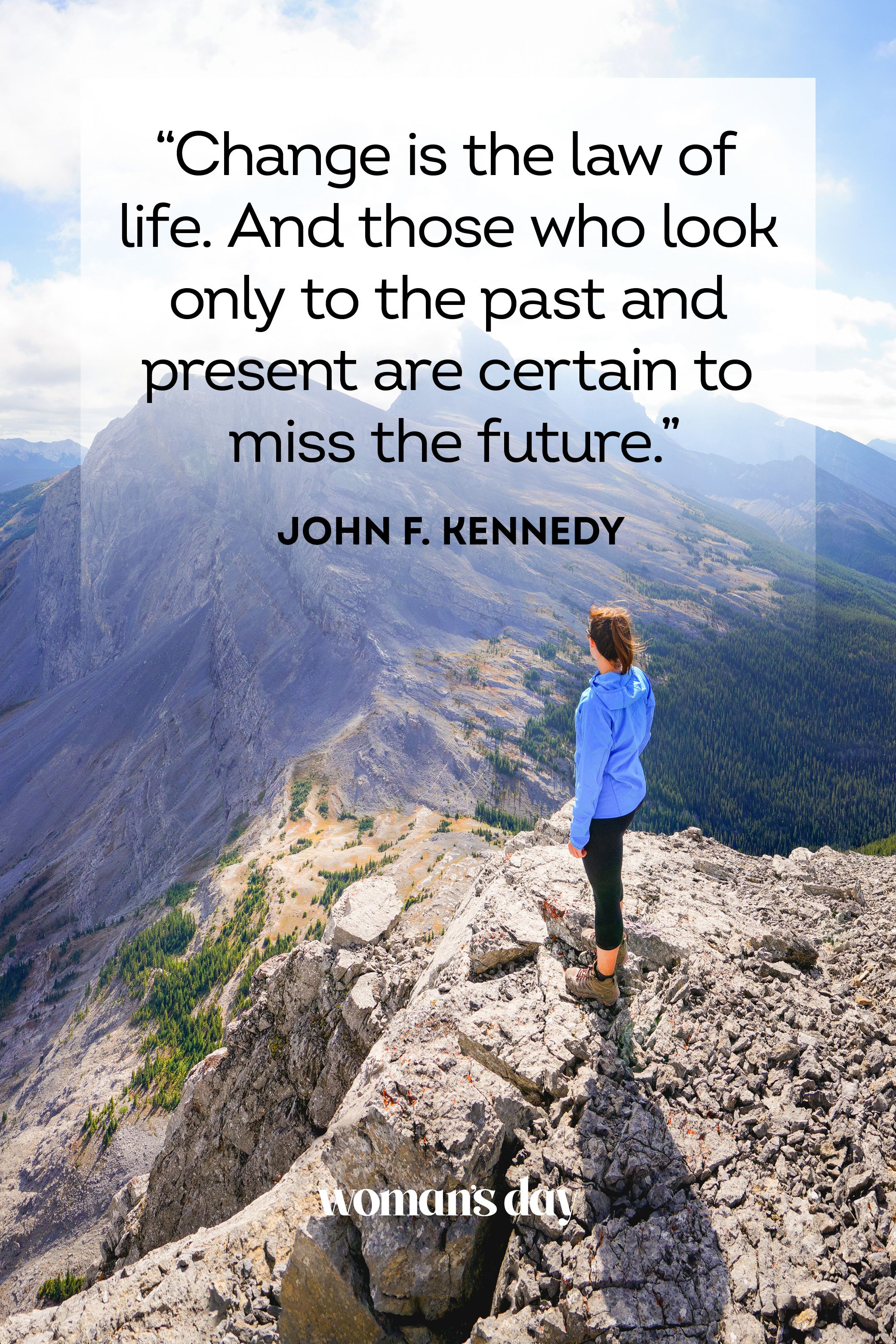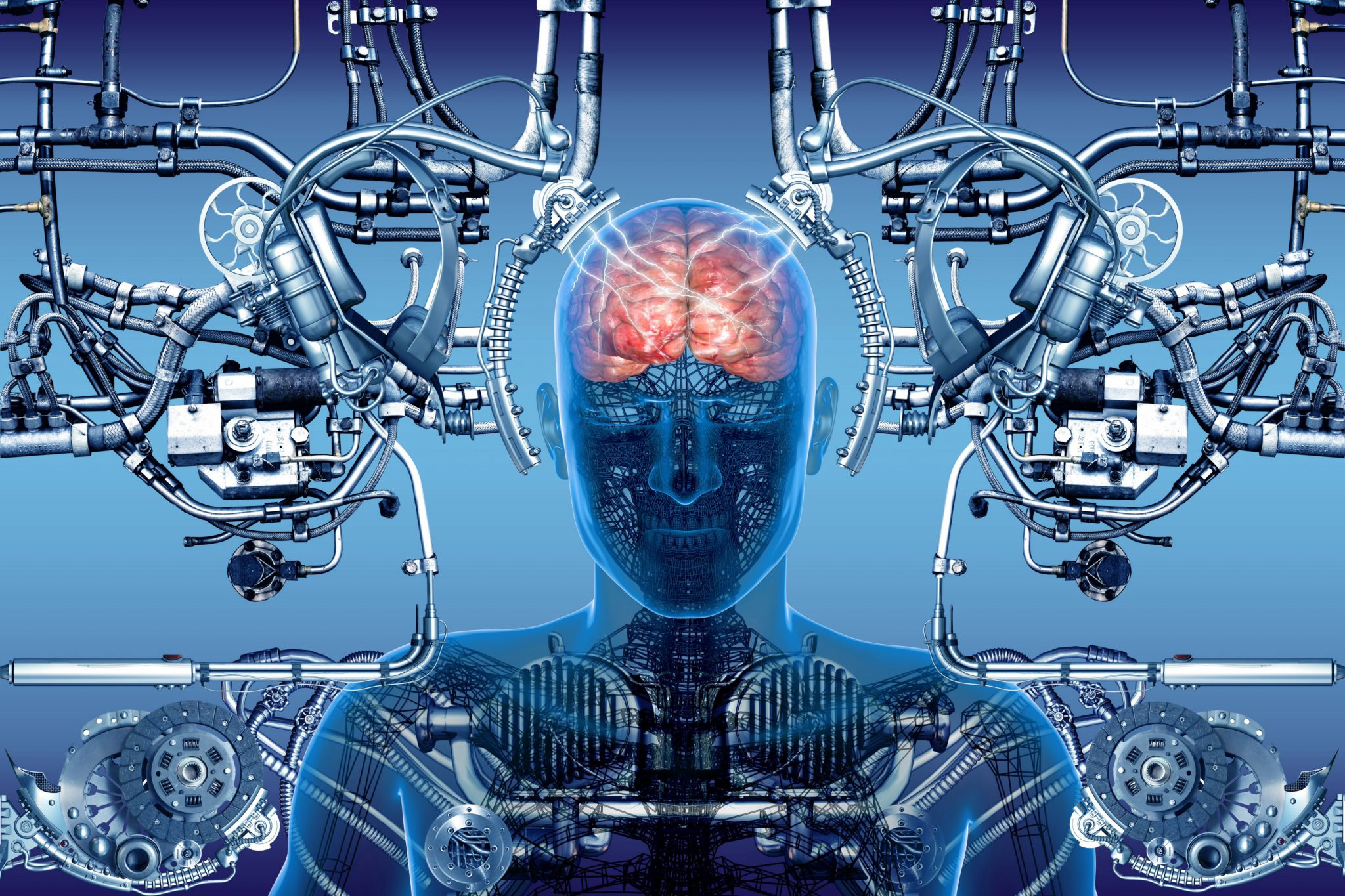Change in life is an undeniable constant that shapes our experiences and defines our existence. Throughout our journey, we encounter various transformations, whether they are prompted by personal choices or external circumstances. As explored in the “Harvard Thinking” podcast, embracing change is crucial for personal growth and resilience in adversity. Experts highlight the psychology of change, emphasizing that our ability to adapt profoundly impacts our well-being. By understanding and accepting the inevitability of change, we open ourselves to new possibilities and deeper connections, allowing us to thrive in an ever-evolving world.
Life’s evolution is a theme many of us face, often characterized by shifts and transitions that require us to adapt. Whether it’s the pursuit of new goals or navigating unexpected challenges, our journey is filled with moments that demand reflection and growth. The discussions surrounding the dynamics of change encourage us to rethink our perspectives on personal evolution and the role of resilience amidst adversity. By exploring alternative avenues for transformation, we can appreciate how our responses to new experiences contribute to our overall happiness and social connections. Ultimately, acknowledging the various forms of change empowers us to engage with life more fully and meaningfully.
Understanding the Psychology of Change
The psychology of change delves deep into human behavior, unpacking why individuals often resist or embrace alteration in their lives. Experts like Robert Waldinger emphasize that change is an intrinsic part of our existence and resisting it can lead to suffering. It’s crucial to understand that acknowledging the inevitability of change is the first step to personal growth. By recognizing this, we position ourselves to harness the power of transformation positively, whether in our professional aspirations or personal relationships.
Moreover, the psychological makeup of an individual significantly influences their response to change. Factors such as temperament, personal experiences, and even cultural backgrounds play a pivotal role in shaping one’s adaptability. For instance, those with a growth mindset are more likely to view change as an opportunity for learning and self-improvement. This understanding helps promote resilience in adversity, allowing individuals to face challenges with a constructive outlook and emerge stronger.
Embracing Change for Personal Growth
Embracing change is integral to personal growth, as it compels us to step out of our comfort zones and explore new possibilities. This active participation in our evolution often leads to remarkable transformations that enhance our life quality. According to Mahzarin Banaji, many individuals develop biases that can inhibit their ability to accept change. By dismantling these biases and reframing our mindset, we can foster a more open approach to life’s uncertainties, which often leads to positive outcomes in both personal and professional realms.
Furthermore, cultivating resilience allows us to respond to change with a sense of agency rather than fear. Richard Weissbourd points out that individuals can thrive amid disillusionment by reallocating their perspectives towards broader understandings of reality. This shift not only boosts personal well-being but also encourages a more supportive and empathetic society. The wisdom drawn from embracing change ultimately fuels our capacity to build healthier relationships and navigate life’s complexities more adeptly.
The Role of Resilience in Adapting to Change
Resilience plays a crucial role in how effectively we adapt to change, especially during challenging times. It is not merely about bouncing back from adversity but also involves growth and learning from the experiences faced. According to the discussions by Harvard experts, cultivating resilience can guide us through the discomfort often associated with change, allowing us to find strength during difficult transitions. By fostering a mindset that values learning, we can empower ourselves to view setbacks as stepping stones toward greater personal evolution.
The relationship between resilience and change is reciprocal; as we adapt to new circumstances, we enhance our resilience, creating a feedback loop that encourages continual growth. When we approach change with curiosity and an eagerness to learn, we identify opportunities for improvement. This approach nurtures our emotional well-being and reinforces our ability to cope with future challenges, ultimately enabling us to pursue our goals with renewed vigor.
Navigating the Challenges of Change
Navigating the challenges of change can be daunting, particularly in a society driven by rapid transformations. Individuals frequently experience anxiety when faced with uncertainty about their futures, which can hinder personal growth. Therefore, it is essential to develop effective coping strategies that allow us to address these apprehensions head-on. Gaining insight into the psychology of change can equip us with tools to manage emotional responses to new situations and to reframe challenges as opportunities for learning.
Additionally, engaging in conversations about change, as highlighted in the Harvard podcast, helps demystify the process. Sharing experiences with others who have undergone similar transformations can provide reassurance and foster resilience. Creating a supportive network bolsters our collective adaptability and enhances our capacity to thrive in the face of change, ultimately guiding us towards a more enriching and fulfilling life journey.
The Importance of Self-Acceptance in Change
Self-acceptance plays a pivotal role in how we approach change in our lives. Many people wrestle with the fear of not recognizing themselves amidst significant transformations, which can lead to resistance to change. According to the discussions among the Harvard experts, developing a relationship with oneself that embraces imperfections can alleviate these fears. By fostering self-acceptance, individuals can navigate change more gracefully and align their actions with their authentic selves, ultimately leading to greater satisfaction and happiness.
Furthermore, self-acceptance encourages a healthier view of personal goals and ambitions. Instead of constantly striving for an idealized version of oneself, individuals learn to appreciate and be content with their current state. This doesn’t mean forfeiting growth; instead, it paves the way for meaningful change driven by intrinsic motivation rather than societal pressures. Balancing the desire for improvement with self-kindness can transform the pursuit of change into a more positive and enriching experience.
Finding Agency in Change
Finding agency in change is a crucial aspect of personal growth. The notion that we have control over our responses to life’s uncertainties empowers us to sculpt our destinies instead of merely reacting to circumstances. As Richard Weissbourd points out, the stories we tell ourselves about our capacity for change significantly influence our experiences. By adopting a narrative that emphasizes personal agency, individuals can foster a sense of responsibility for their growth and development.
Moreover, the understanding that change is a spectrum allows individuals to recognize that they possess the power to shape their journeys. This adaptability not only enhances their resilience in adversity but also enriches their daily experiences. With a proactive approach to change, individuals can cultivate a life filled with meaning and purpose, responding not just to external pressures but also to their inner desires for fulfillment and connection.
The Continuous Journey of Change
Change is not merely a destination but a continuous journey where individuals evolve throughout their lives. As researchers from Harvard emphasize, every decade brings new opportunities for growth, regardless of age. This perspective highlights the dynamic nature of human experience, encouraging individuals to embrace transitions as integral parts of their journey. By recognizing that change is woven into the fabric of life, we can better prepare ourselves to navigate the ups and downs with grace and resilience.
Additionally, understanding that the capacity for change exists within each of us underscores the importance of lifelong learning. With every experience, we gain valuable insights that contribute to our personal evolution. By embracing a mindset that prioritizes growth and transformation, we allow ourselves to welcome new challenges and opportunities, creating a more meaningful and enriched existence, and fostering a culture that values the ongoing journey of change.
Disillusionment: A Catalyst for Change
Disillusionment is often perceived negatively; however, it can serve as a powerful catalyst for change. When individuals encounter unfulfilled expectations, the feelings of disappointment can spur a profound reassessment of their goals and priorities. Richard Weissbourd notes that people can either succumb to bitterness or harness disillusionment to gain a more nuanced understanding of themselves and the world. This transformative potential demonstrates how embracing the discomfort inherent in disillusionment can lead to significant personal development.
Moreover, acknowledging the impact of disillusionment can enhance our resilience, allowing us to build a brighter future. By redirecting our energy toward understanding the motivations behind our frustrations, we open ourselves to new possibilities and deeper connections with those around us. This re-framing fosters a sense of empowerment, positioning individuals to view disillusionment not as an endpoint but rather as an essential phase in their ongoing journey of change.
Creating a Culture of Change
Creating a culture that celebrates change is vital for encouraging personal growth and resilience within communities. As discussed by Harvard experts, cultivating environments that nurture adaptability can significantly impact collective well-being. This culture of change emphasizes collaboration, support, and open dialogue, allowing individuals to express their experiences and insights while evolving together. Encouraging curiosity about change fosters a community of learners who view challenges as opportunities for shared growth.
Furthermore, integrating resilience-building practices in personal and professional settings can lead to a more agile mindset among individuals. When change is seen as an inherent part of life, rather than a hindrance, communities can thrive in the face of adversity. Ultimately, by adopting values that celebrate change, we create spaces where individuals feel empowered to explore new avenues, learn from failures, and continuously strive for improvement, enriching the lives of everyone involved.
Frequently Asked Questions
What does it mean to embrace change in life?
Embracing change in life means accepting and adapting to new situations, challenges, or transitions positively. This involves recognizing that change is inevitable and can lead to personal growth and resilience in adversity. According to experts, our ability to shift our perspectives can significantly impact our emotional well-being.
How can pursuing personal growth aid in embracing change?
Pursuing personal growth is essential when facing change. It encourages individuals to cultivate adaptability and resilience, making it easier to navigate life transitions. Engaging with practices aimed at self-improvement, mindfulness, and learning can build confidence and prepare one to handle the psychological aspects of change.
What is the psychology of change and its impact on personal development?
The psychology of change looks at how individuals process and respond to alterations in their environment or lives. Understanding this can enhance personal development by revealing how mindset shifts can foster resilience and motivation to embrace change. Research indicates that recognizing one’s capacity for change supports optimistic views of personal evolution throughout life.
How do feelings of disillusionment affect our ability to change?
Feelings of disillusionment can strongly impact our capacity to embrace change. While some may respond to disillusionment negatively, developing bitterness and cynicism, others may use the experience as a catalyst for growth, leading to a deeper understanding of life and personal resilience. The key is how we choose to interpret these challenging experiences.
What lessons can we learn about change from the Harvard podcast on personal growth?
The Harvard podcast emphasizes that change is a constant factor in life, and our responses to it define our journey. It highlights the importance of resilience and adaptability, using expert discussions to underline that understanding and accepting change can lead to significant transformations in personal happiness and relationships.
Why is resilience in adversity critical for navigating change?
Resilience in adversity is crucial for navigating change because it enables individuals to bounce back from setbacks and adapt to new circumstances. By developing coping strategies, fostering a supportive network, and maintaining a growth mindset, individuals can better manage the psychological discomfort that often accompanies life changes.
How can we develop resilience to better handle change and adversity?
Developing resilience involves building coping mechanisms, maintaining a strong support system, and practicing self-compassion. Engaging in mindfulness practices, setting realistic goals, and seeking support from community resources can enhance one’s ability to weather the challenges that come with change.
What is the role of storytelling in understanding personal change?
Storytelling plays a vital role in understanding personal change by allowing individuals to frame their experiences in ways that highlight growth and learning. It fosters connection and empathy, offering different perspectives on navigating changes. Sharing personal narratives can reinforce the idea that change is not only possible but also a valuable part of the human experience.
How can understanding implicit biases enhance our approach to change?
Understanding implicit biases can enhance our approach to change by making us aware of the preconceived notions that influence our reactions to new experiences. Recognizing these biases allows us to challenge them, leading to more constructive responses to change and fostering a greater willingness to engage with different perspectives.
What are some effective strategies for managing change in life?
Effective strategies for managing change include staying informed about potential changes, maintaining flexibility, practicing mindfulness, setting achievable goals, and seeking support from trusted friends or professionals. Embracing a proactive mindset can ease the transition process and help individuals feel more empowered during times of change.
| Aspect | Key Points |
|---|---|
| Nature of Change | Change is inevitable and constant, whether we consciously pursue it or not. |
| Resistance to Change | Resisting change can lead to suffering; accepting it can promote growth. |
| Response to Disillusionment | People can respond to disillusionment positively by adapting or negatively by retreating into cynicism. |
| Implicit Bias | Implicit beliefs and biases can change with new experiences, indicating our capacity for self-improvement. |
| Cultural Influence | Culture shapes our beliefs about change, with varying attitudes towards it among different societal groups. |
| Aging and Perspective | As we age, our understanding of life’s changes becomes clearer, influencing how we perceive and respond to change. |
Summary
Change in life is an undeniable reality, with constant evolution occurring whether we actively seek it out or not. Embracing change allows for personal growth and deeper understanding, while resisting it may lead to suffering. The insights from experts emphasize that change can manifest positively or negatively, often shaped by our experiences and cultural background. This recognition of change ultimately encourages us to approach life with an open mind and the willingness to adapt.





